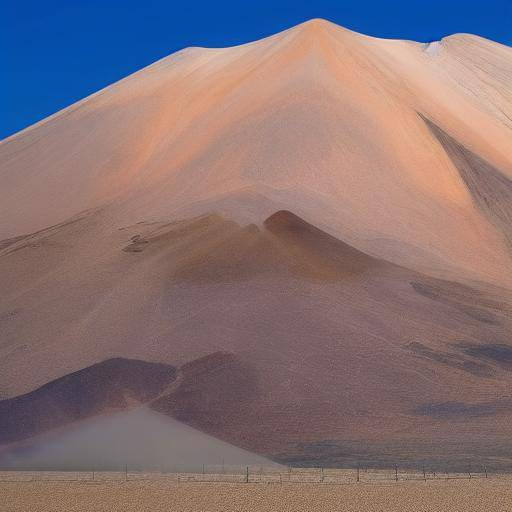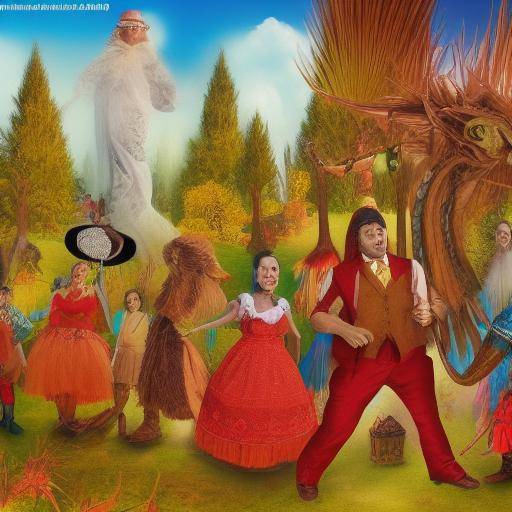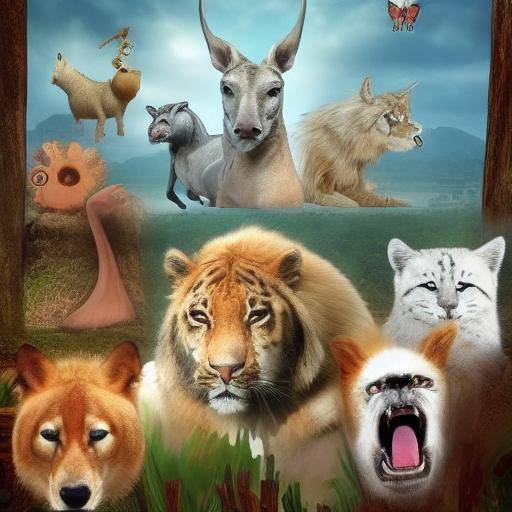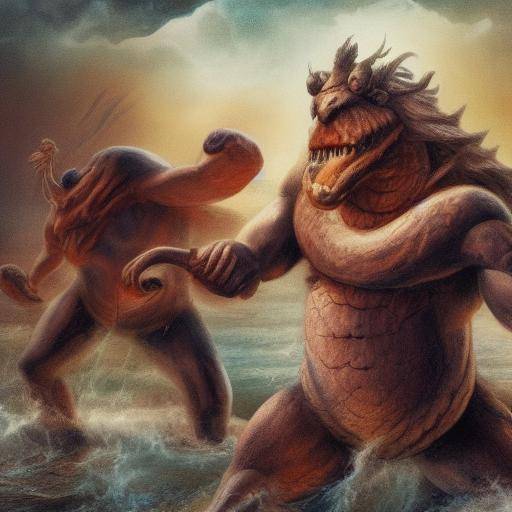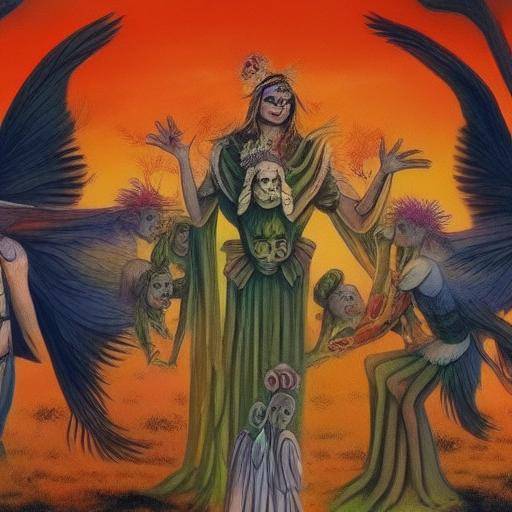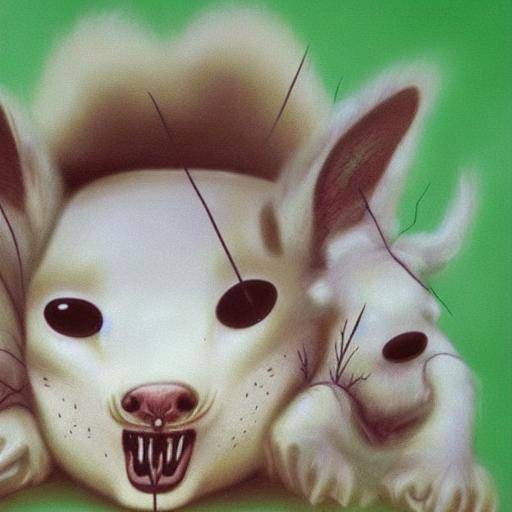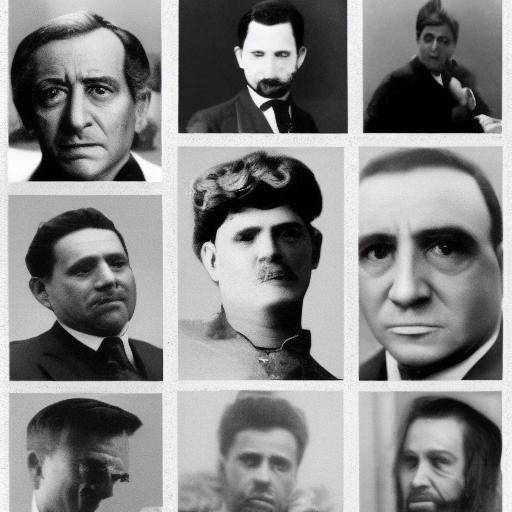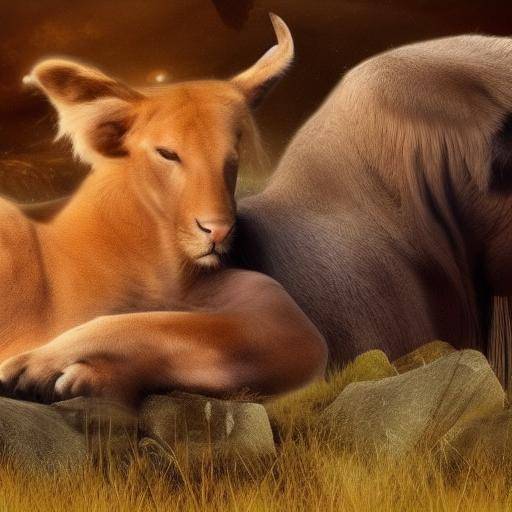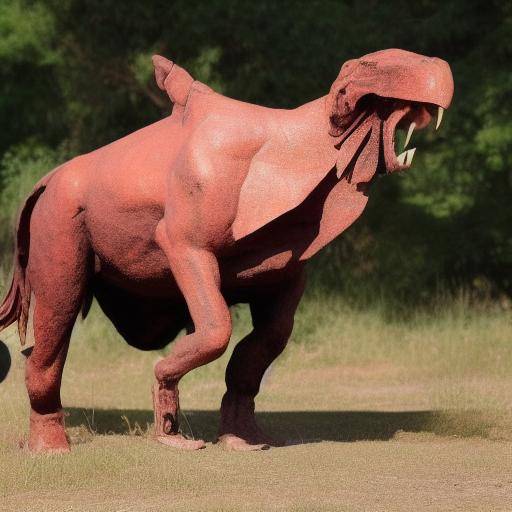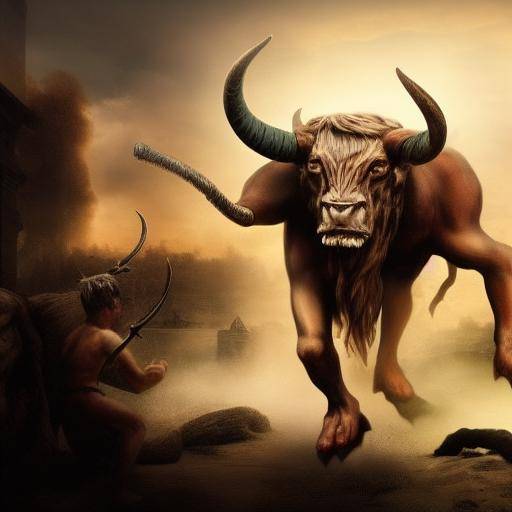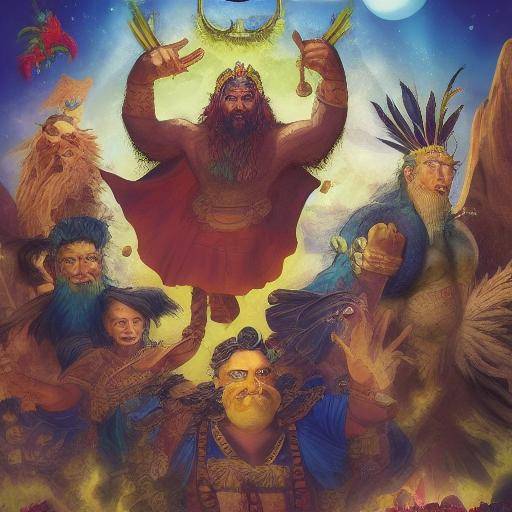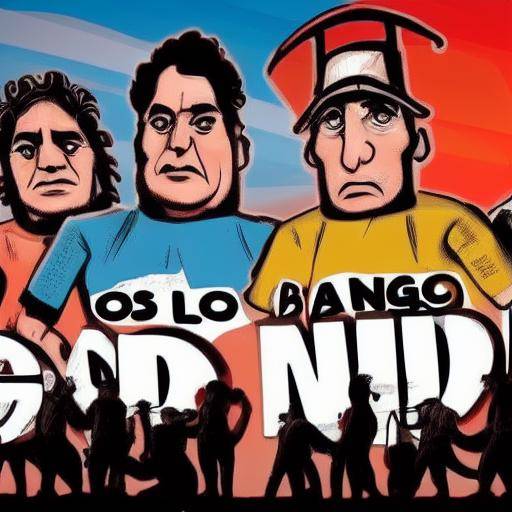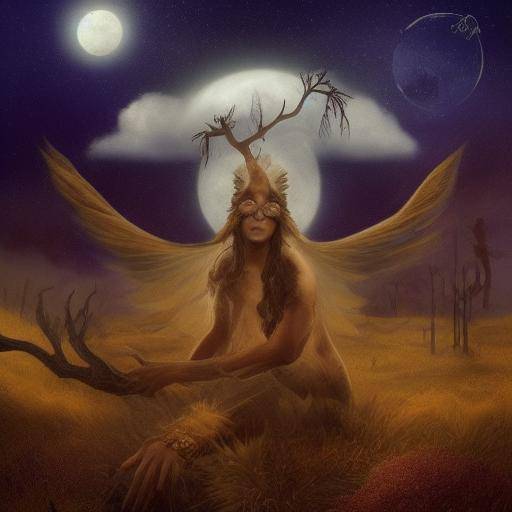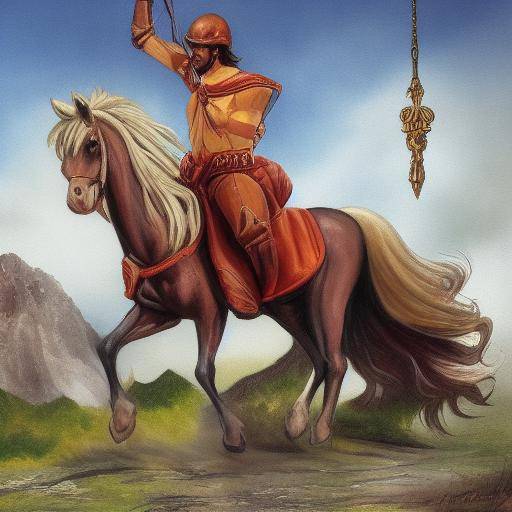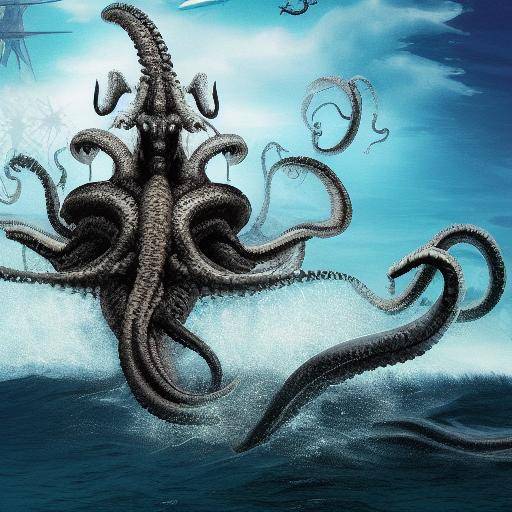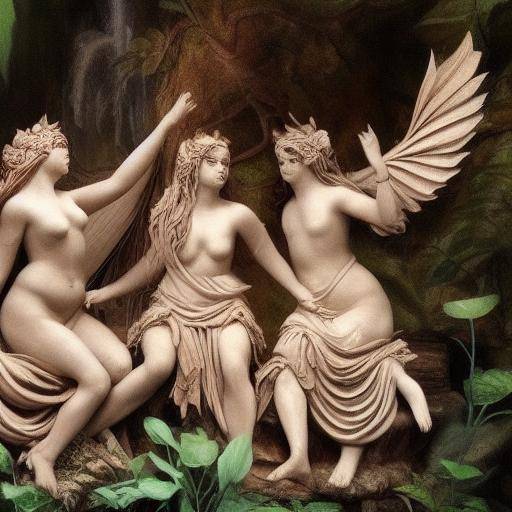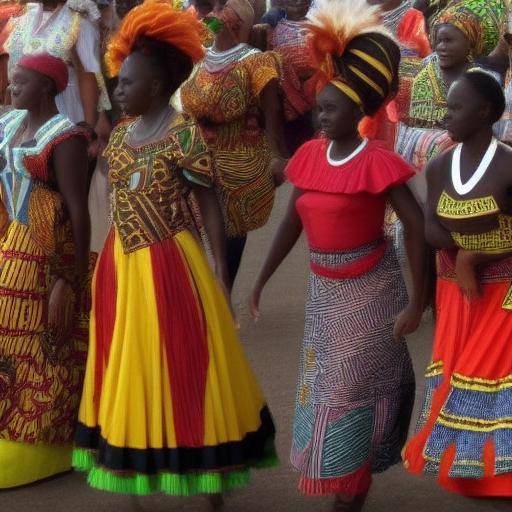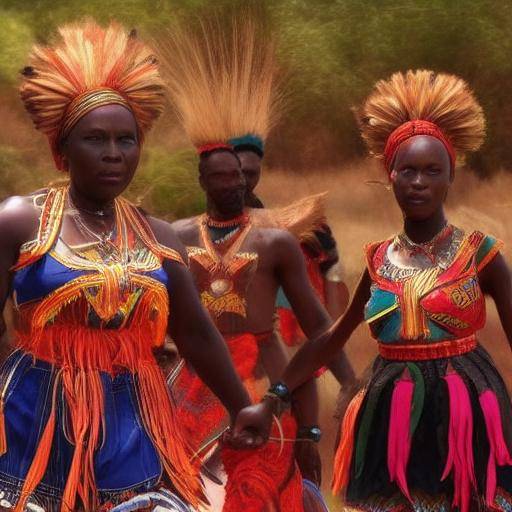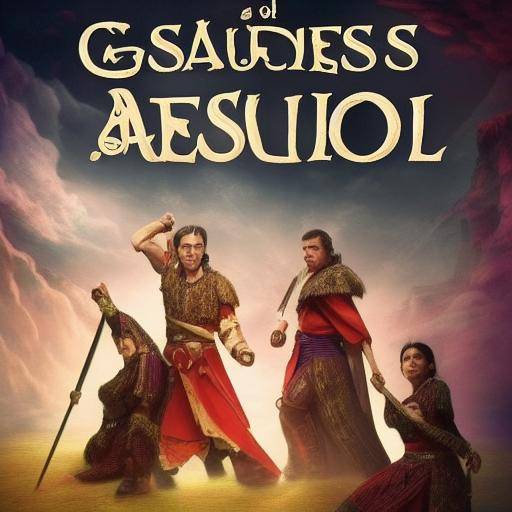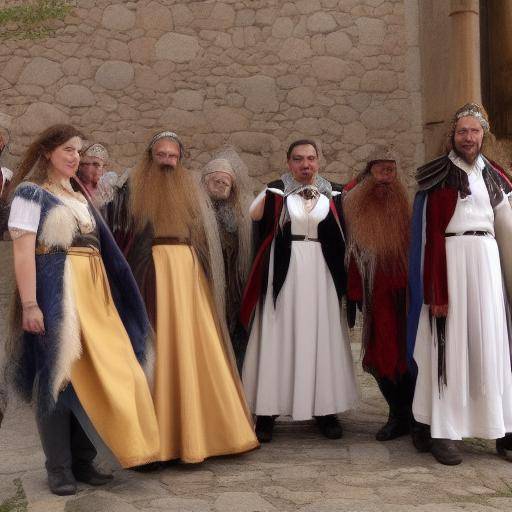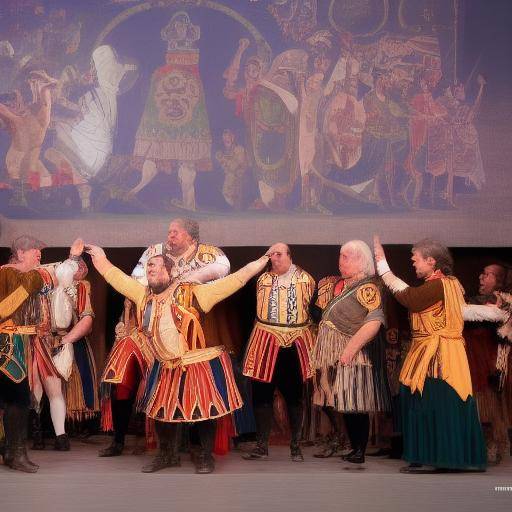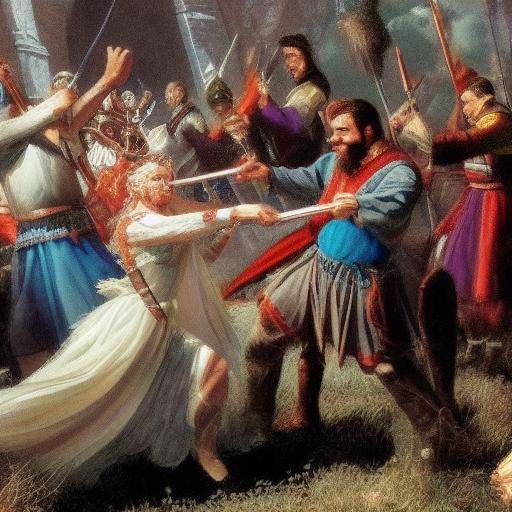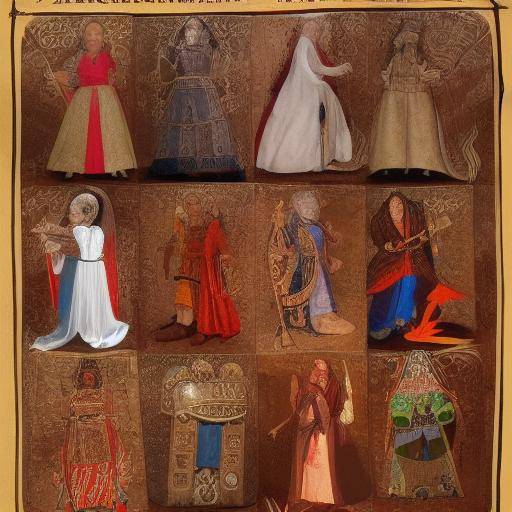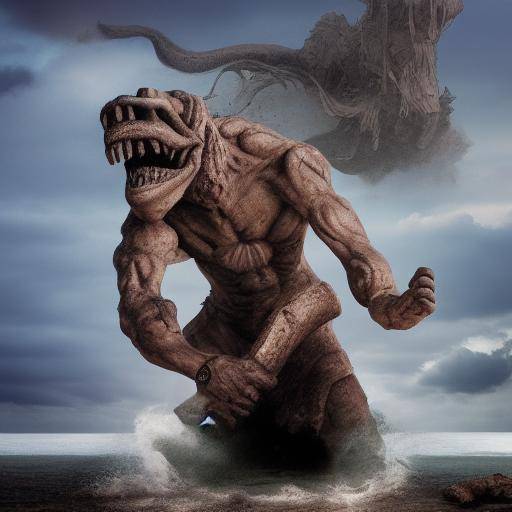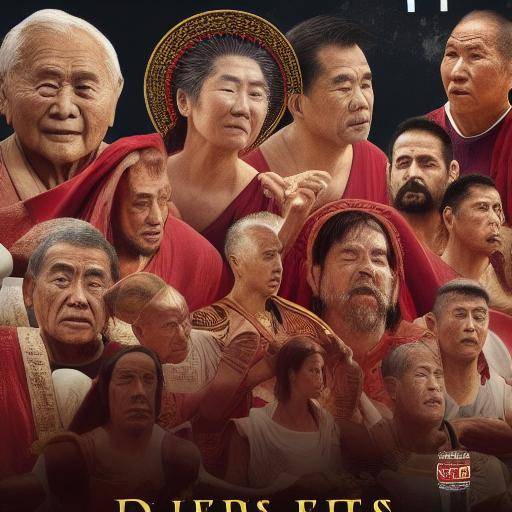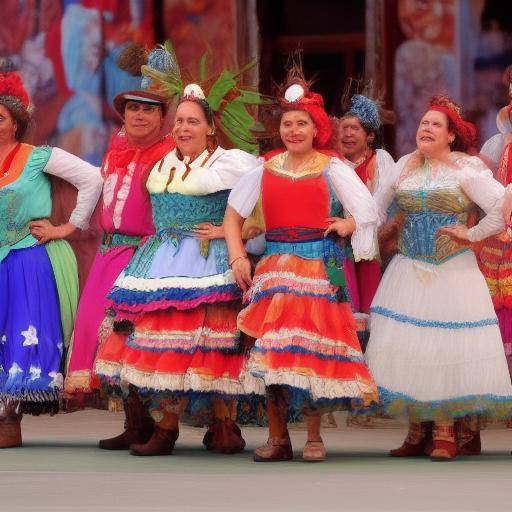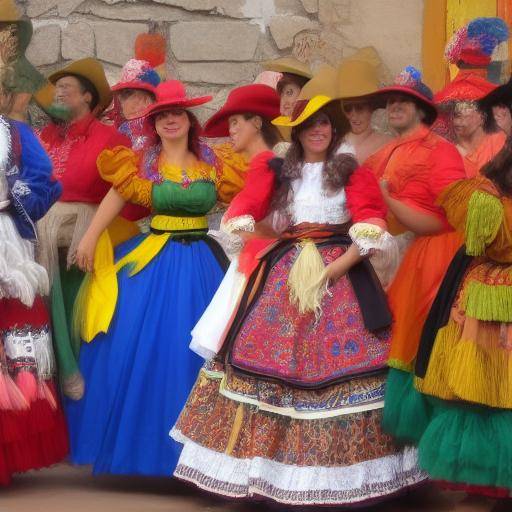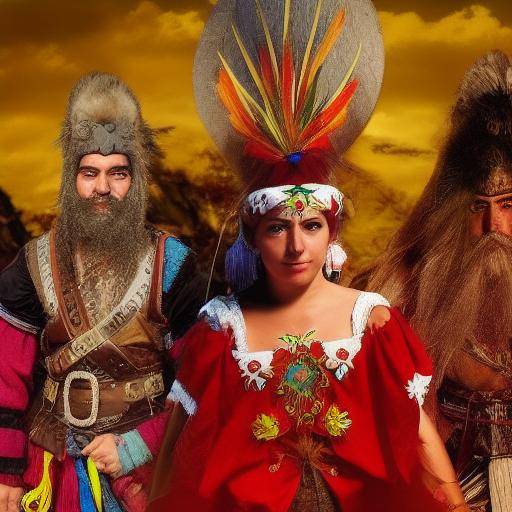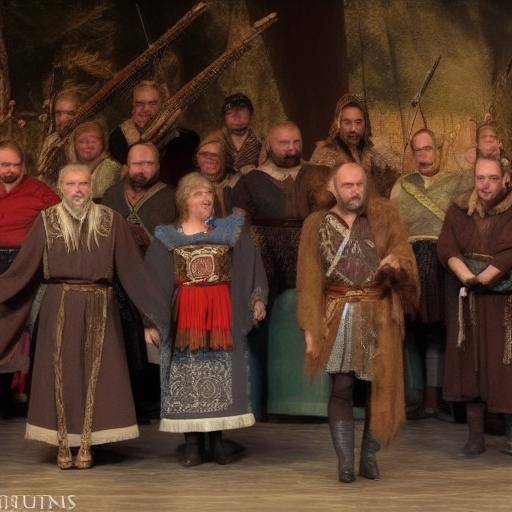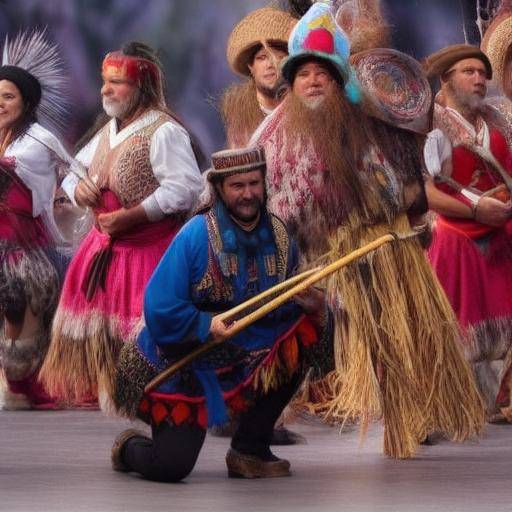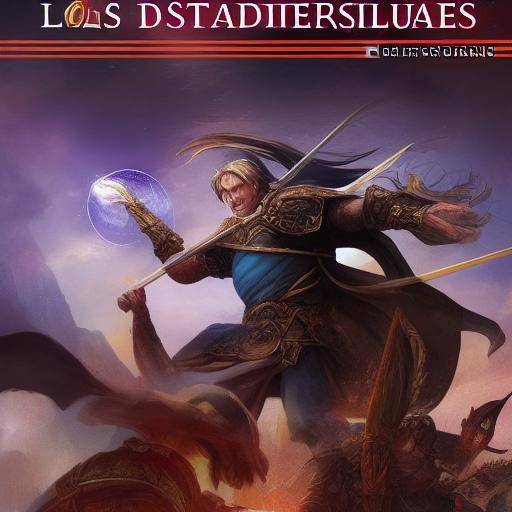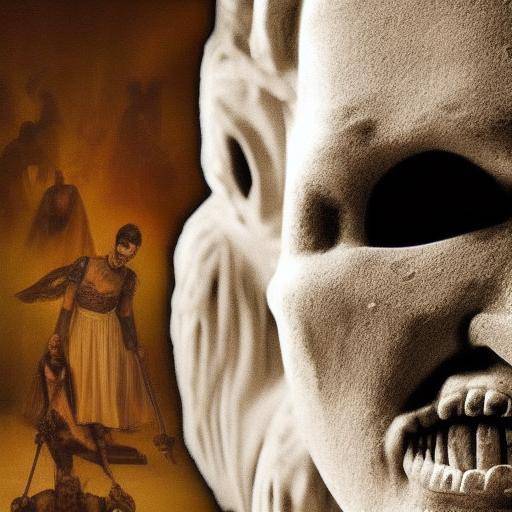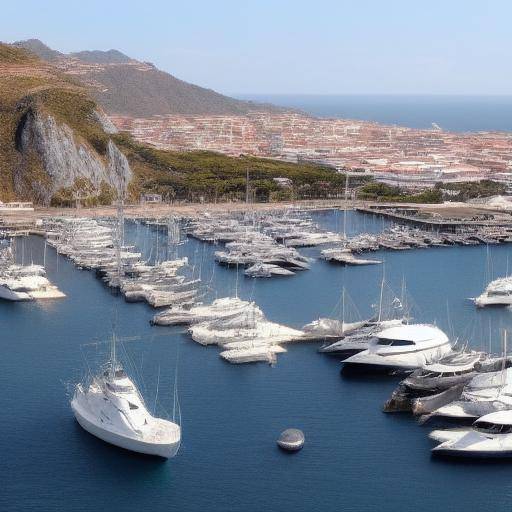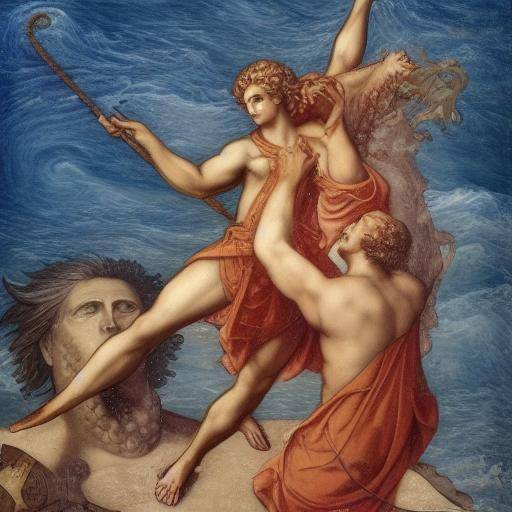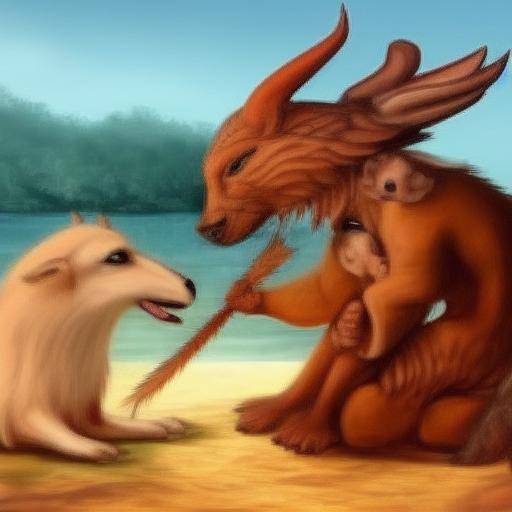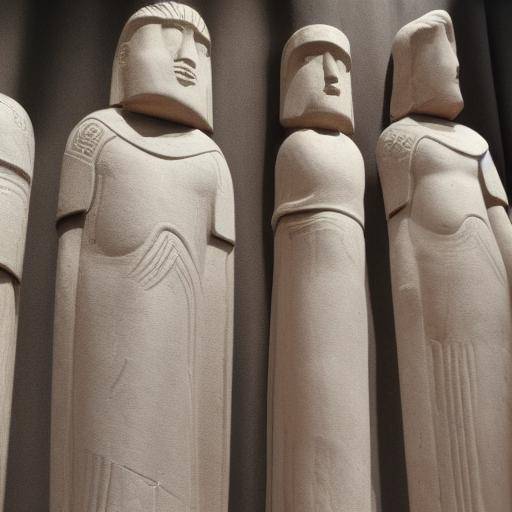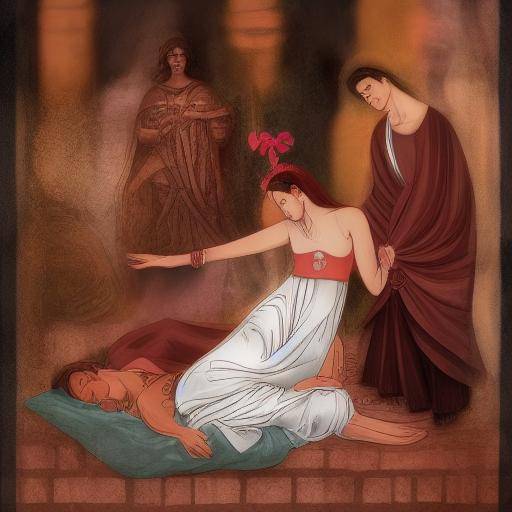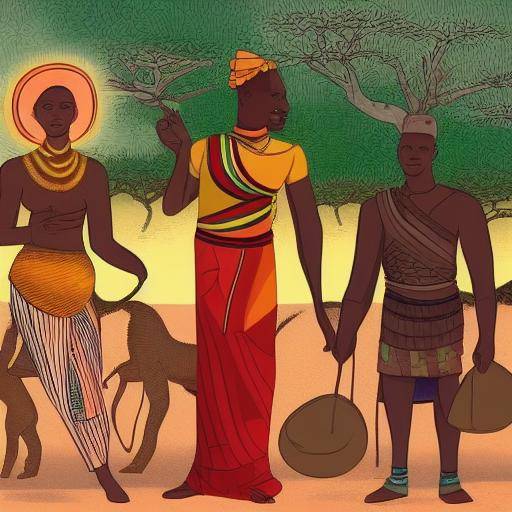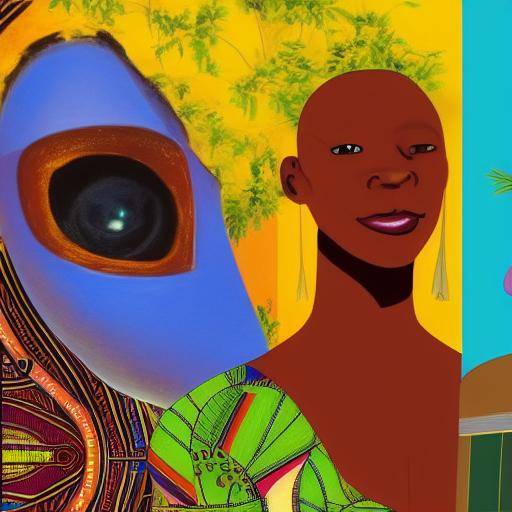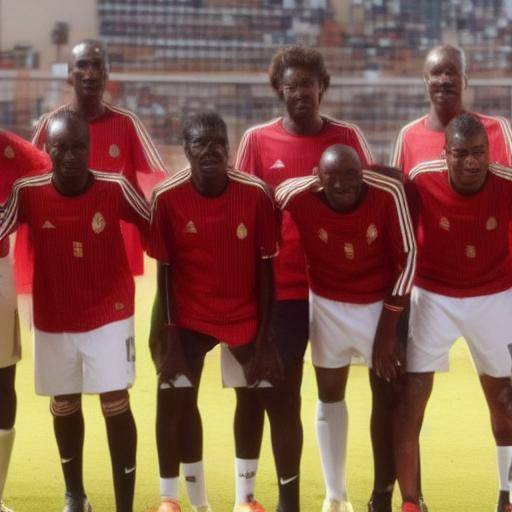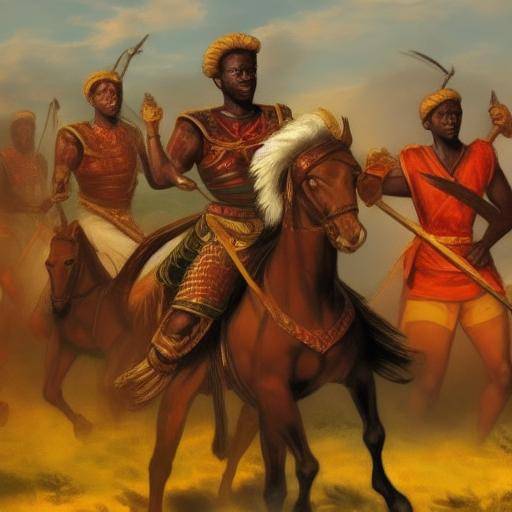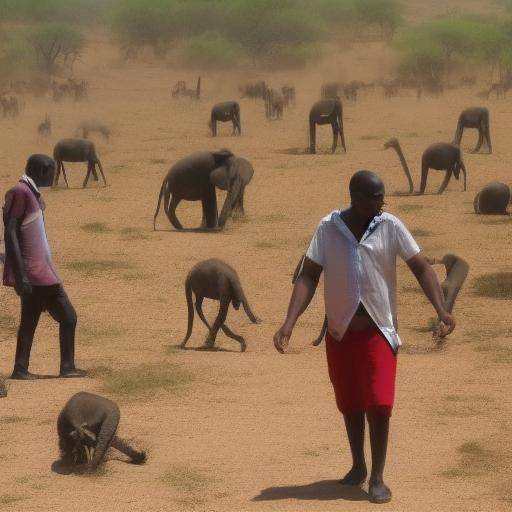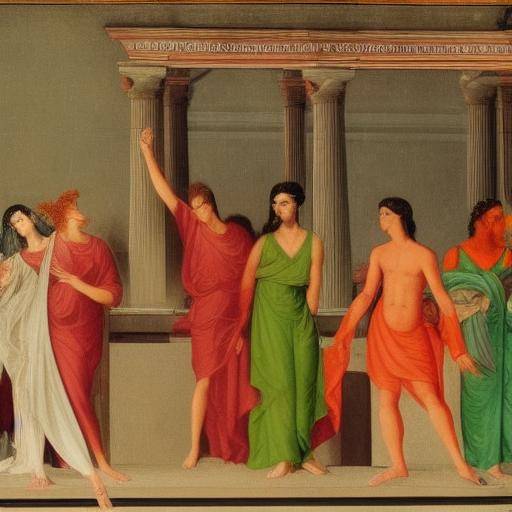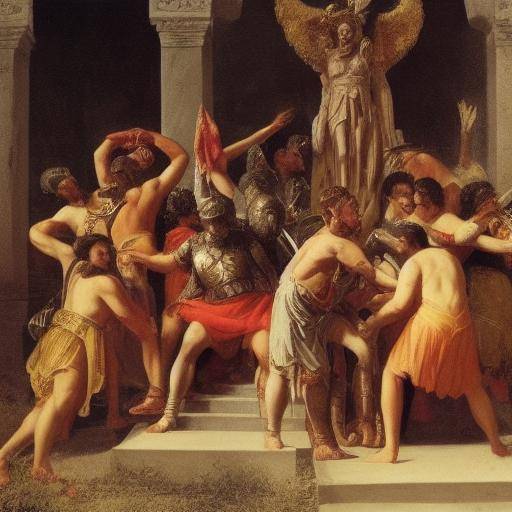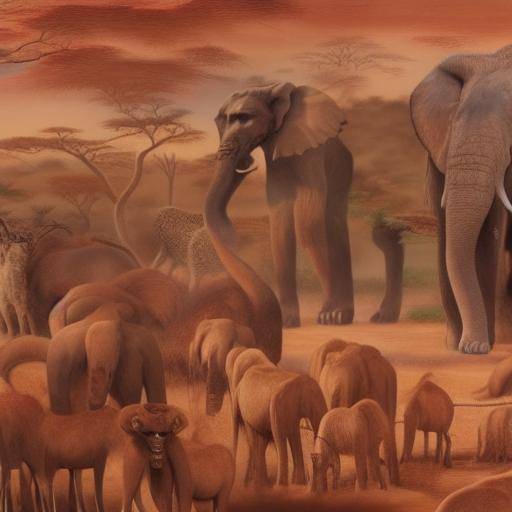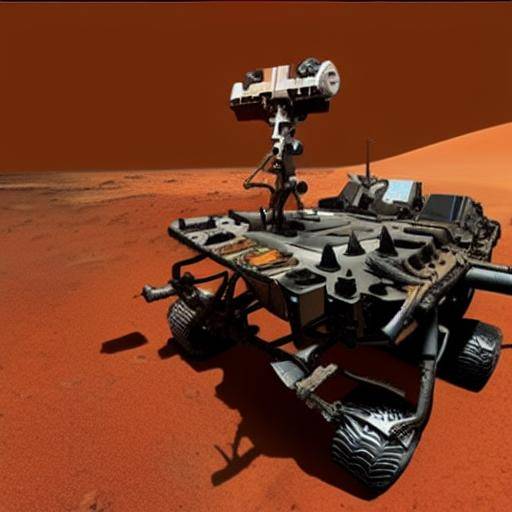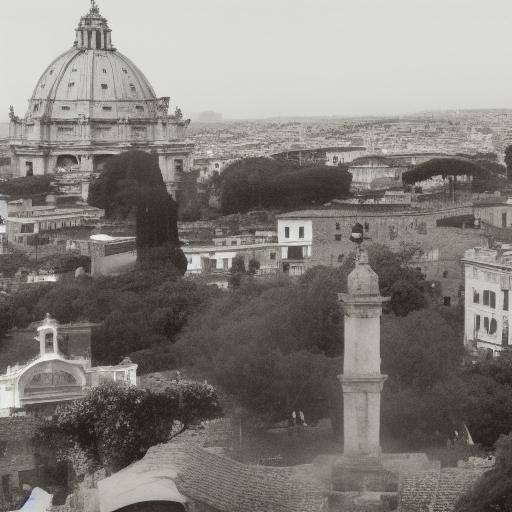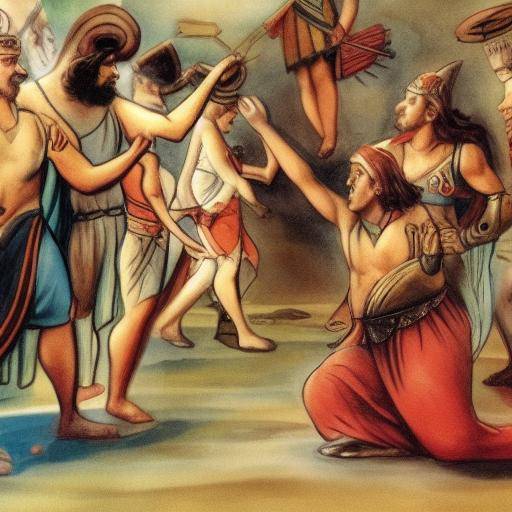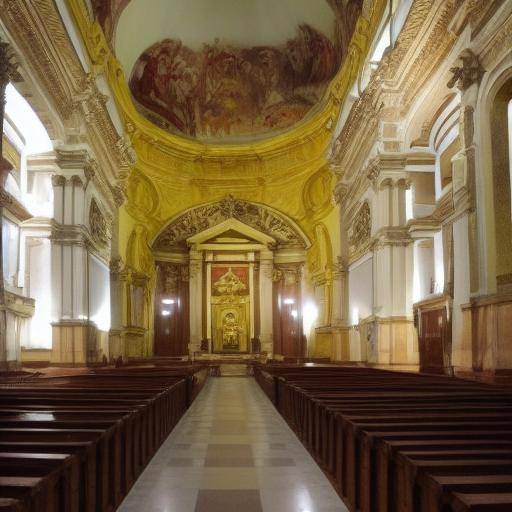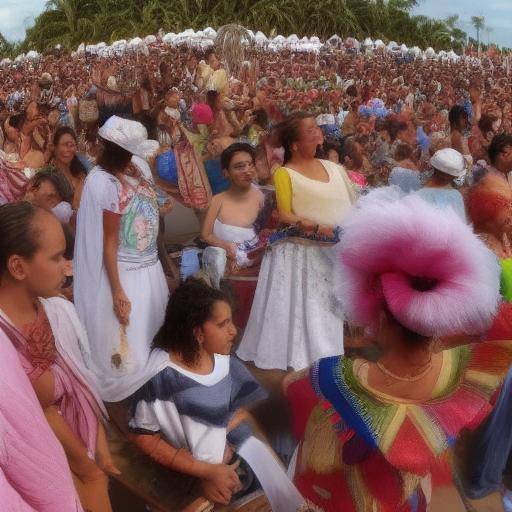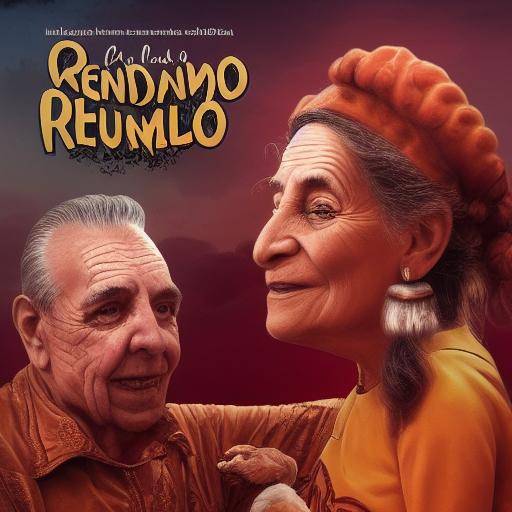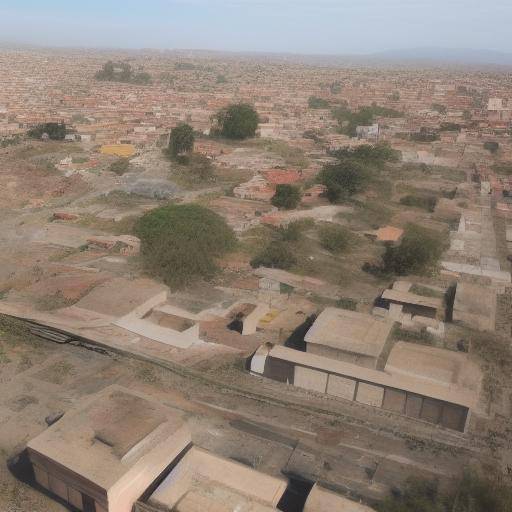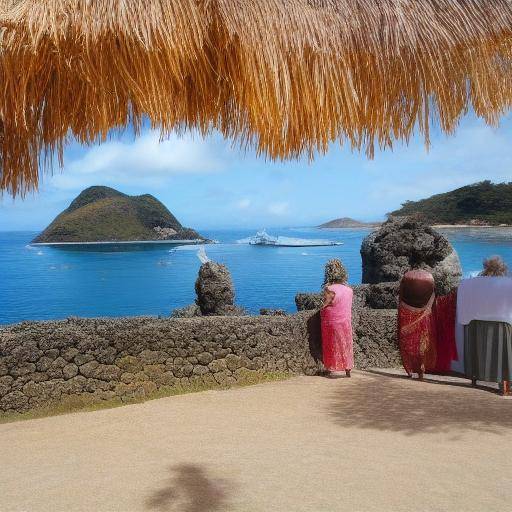
Introduction
Polynesian islands are known for their rich mythology and fascinating stories surrounding their spirits. In this article, we will explore the legends and myths of these tropical islands, getting into the world of their mystical spirits and beings. From the stories of gods and heroes to the magical creatures that inhabit these lands, we will discover the mythology of the Polynesian islands and their connection with the spirits that inhabit them. Prepare for a journey through time and space, as we unravel the fascinating stories that have captivated entire generations.
History and Background
The Polynesian islands, scattered across the vast Pacific Ocean, have hosted ancient civilizations that have left a unique cultural legacy. Polynesian mythology has been orally transmitted over the centuries, revealing the rich heritage of these communities. From the ancient villages of Hawaii, Tahiti, and Samoa to the remote islands of Tonga and Fiji, legends and myths transcend the barriers of time and space.
Origins and Historical Significance
The legends of the Polynesian islands go back to the first inhabitants who came to these lands. Polynesian mythology reflects the relationship of indigenous peoples with nature, gods, and the spiritual world. These stories form the basis of the cultural identity and traditional beliefs of the Polynesian communities. The stories of creation, the gods and spirits that inhabit the islands, and the cultural heroes who performed incredible exploits, constitute the core of this rich tradition.
Developments and Key Milestones
Over the centuries, the legends of the Polynesian islands have been intertwined with local history and traditions. External influences, such as the arrival of European explorers, have also shaped the evolution of these stories. Meetings with other cultures brought new elements to legends, adapting and transforming over time. However, the essence of these stories has endured, keeping alive the connection with the past and the spiritual nature of the islands.
Cases of Study and Anecdotes
From the epic of the Maori hero Maui to the narratives about the gods of the ocean and the earth, the legends of the Polynesian islands cover a wide range of epic stories and mystical tales. Each island has its own stories and myths, which reflect the cultural diversity and richness of Polynesian mythology.
The Mystical Spirits and Beings of the Polynesian Islands
Maui: The Cultural Hero
One of the most emblematic characters in Polynesian mythology is Maui, a cultural hero known for his incredible feats. Maui is famous for stealing fire for humanity, fishing the islands of the ocean and slowing the sun to extend the day. Each of its exploits is imbued with symbolism and reflects the special relationship between human beings and the natural world.
Pele: The Goddess of the Volcano
In Hawaii, Pele is the goddess of the volcano, a powerful and feared figure that personifies the destructive and creative force of volcanoes. Legends tell that Pele travels through the islands, creating new terrain with his lava and moulding the landscape. Its volatile temperament and its ability to destroy and create make Pele a central deity in Hawaiian mythology.
Tangaroa: The God of the Sea
Tangaroa is the god of the sea in many Polynesian traditions. Considered the father of all marine beings, Tangaroa is worshipped and feared equally. Fishermen and navigators perform rituals and offerings to appease Tangaroa and ensure their protection as they venture into the ocean. Its dominance over the sea and its ability to influence the tides and winds make it an essential figure in the life of the island communities.
Tiki: The First Man
The myth of Tiki, the first man, is fundamental in Polynesian mythology. According to legends, Tiki was created by the gods and is the ancestor of all humans. Tiki statues, carved in wood or stone, are common in many islands and are considered protectors of homes and communities. These emblematic figures reflect the deep connection between human beings and their divine ancestors.
The Contemporary Presence of Polynesian Legends
Tradition and Modernity
Despite modernization and social changes, Polynesian legends remain an integral part of cultural life on the islands. The stories are transmitted through generations through oral narratives, ceremonies and festivals. Traditional dances, songs and visual arts continue to represent these myths, keeping the cultural heritage alive.
Tourism and Education
Tourism has played an important role in the dissemination and preservation of Polynesian legends. Visitors to the islands can learn about local mythology through guided tours, museums and cultural centers. These experiences not only educate tourists about the rich history of the islands, but also help local communities to preserve and value their traditions.
The Impact of Legends on Cultural Identity
The legends and myths of the Polynesian islands continue to be a source of pride and identity for local communities. These stories not only connect people with their past, but also inspire new generations to value and maintain their traditions. In a constantly changing world, Polynesian legends offer a solid foundation on which to build a future that honors the legacy of the ancestors.
Conclusion
The legends of the Polynesian islands are much more than simple stories; they are the reflection of a rich cultural and spiritual heritage that has endured over the centuries. From powerful gods to bold heroes and mystical creatures, these stories offer a profound view of the worldview and beliefs of the Polynesian communities. In a modern world, these legends remain a source of inspiration and pride, reminding us of the importance of preserving our traditions and honoring our roots. By exploring and sharing these stories, we keep alive the connection with the past and ensure that the rich traditions of the Polynesian islands continue to thrive for future generations.

